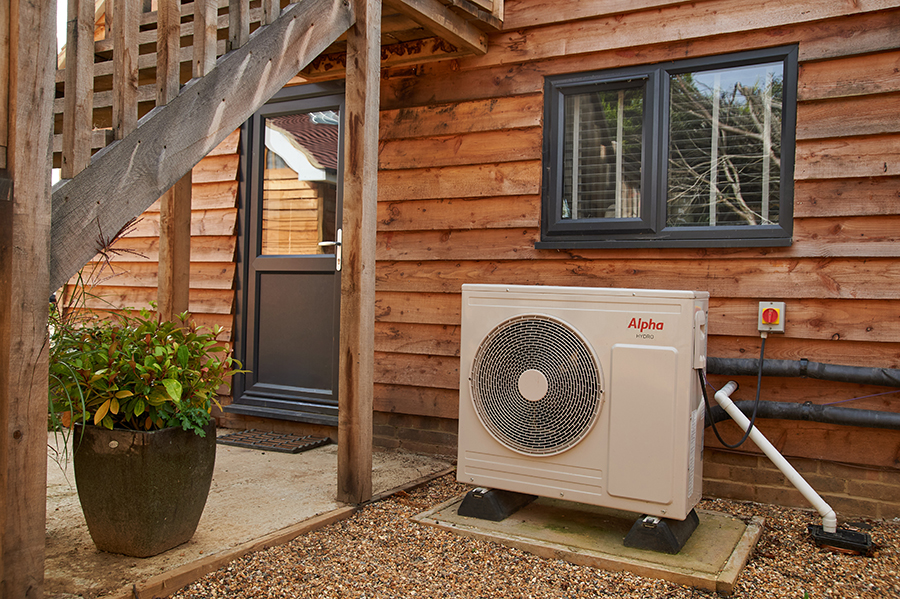Heat pumps are rapidly gaining popularity as an energy-efficient and environmentally friendly alternative to traditional heating systems. These devices function by transferring heat from one place to another, rather than generating heat through combustion or resistance. In the winter, a heat pump extracts heat from the outside air or ground and moves it indoors, while in the summer, it can reverse the process to provide cooling by transferring heat from inside to the outside. This dual functionality makes heat pumps a versatile option for year-round climate control, suitable for homes, businesses, and even larger industrial applications. One of the most significant advantages of heat pumps is their efficiency. Unlike traditional heating systems, such as furnaces or electric heaters, which generate heat by burning fuel or using electricity to create warmth, heat pumps use electricity to move heat, which requires less energy. For example, a heat pump can deliver up to four times more heating energy than the electrical energy it consumes. This means lower energy bills and reduced reliance on fossil fuels, making heat pumps a sustainable choice that can help reduce carbon footprints.

In addition to being energy-efficient, heat pumps are also highly versatile. They can be installed in a wide variety of settings, from small homes to large commercial buildings. Depending on the type of heat pump, they can draw heat from the air, water, or ground. Air-source heat pumps Jnod, the most common type, are effective in moderate climates and are relatively easy to install. Ground-source heat pumps, also known as geothermal systems, are more efficient in extremely cold climates because they draw heat from the earth, which maintains a more consistent temperature year-round. These systems tend to be more expensive to install due to the need for ground loops, but they offer significant long-term savings. Furthermore, heat pumps contribute to indoor comfort by providing consistent and even heating. Unlike conventional systems, which can create hot spots or leave certain areas of a room colder than others, heat pumps offer a steady flow of air, leading to more uniform temperatures throughout the space. Additionally, many heat pumps feature air-filtration systems that can improve indoor air quality by removing dust, allergens, and other pollutants.
While the initial investment in a heat pump can be higher than traditional systems, the long-term benefits outweigh the costs. Over time, homeowners and businesses can expect substantial savings on energy bills due to the heat pump is efficiency. Furthermore, many governments offer incentives, rebates, or tax credits to encourage the adoption of renewable and energy-efficient technologies, which can help offset installation costs. In conclusion, heat pumps represent a smart, sustainable alternative to traditional heating and cooling systems. Their ability to provide both heating and cooling, coupled with their high efficiency and lower environmental impact, makes them an increasingly attractive option for those looking to reduce their energy costs and carbon footprint. As technology continues to advance and the demand for eco-friendly solutions grows, heat pumps are likely to become a mainstream choice for efficient, all-in-one climate control.